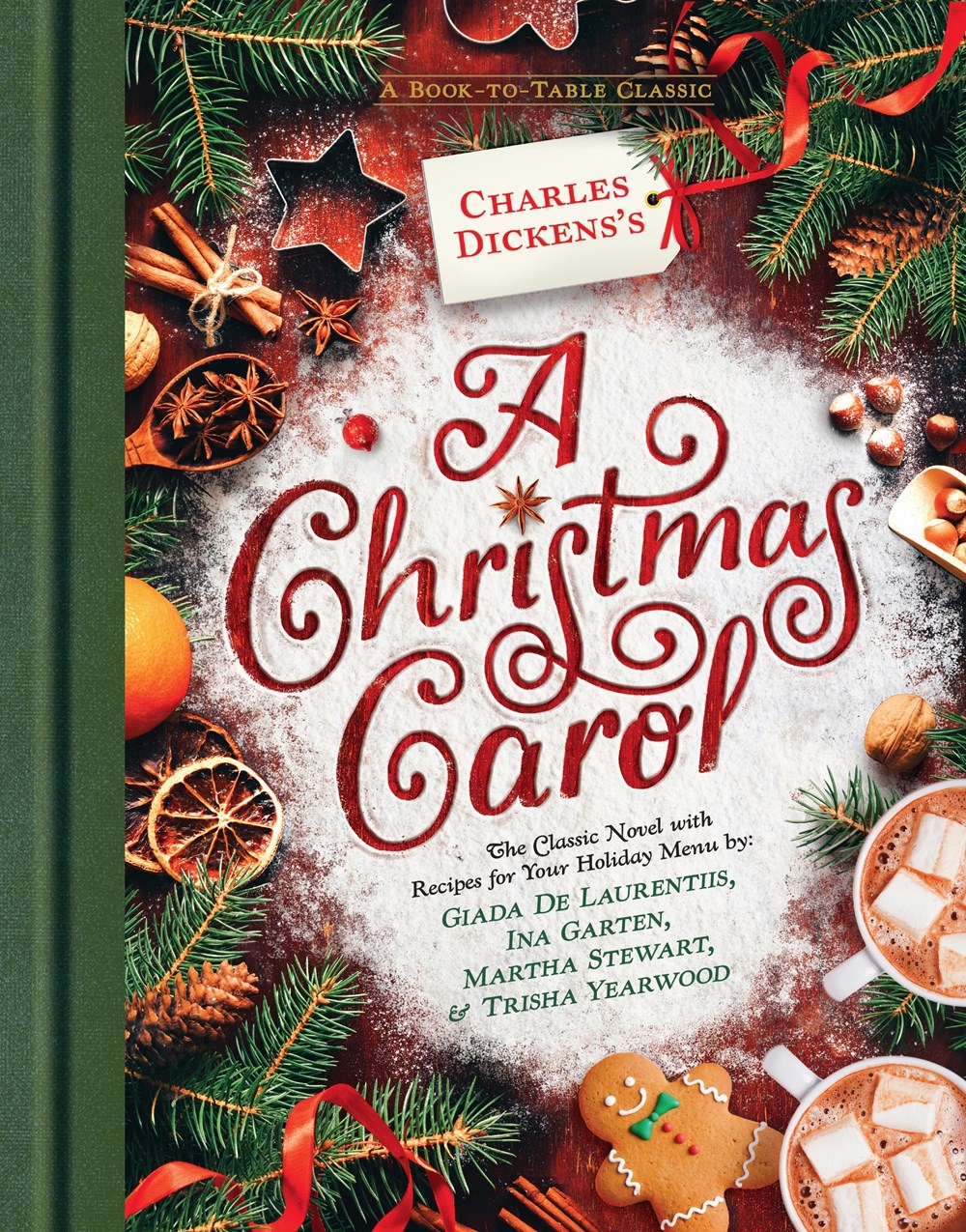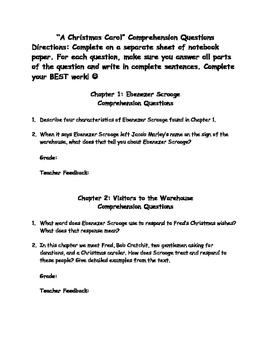

The story’s simple structure is key, according to Ray Dooley, a professor emeritus of acting who began phased retirement in 2019 and a member of Carolina’s PlayMakers Repertory Company. “He caught that almost crystalline structure of the fairy tale that makes it easy to grasp but infinitely malleable and important for what it captures about psychology as well as culture,” she said. In trying to revive that tradition, Dickens was keenly aware that he was writing a modern fairy tale, according to Langbauer. “A Christmas Carol” also lives on because it’s a ghost story in the tradition of British tales dating to medieval times. “He caught what were not just particular economic and societal questions during the ‘hungry ’40s’ that persisted during the Victorian era and even now as the Industrial Revolution passes into the Information Age,” she said. Indeed, the cold-hearted Scrooge could just as easily be a 21 st century business tycoon as a 19 th-century miser, and Bob Cratchit’s working-class struggle continues to resonate. Langbauer said that the novella’s lasting power and allure also come from how Dickens wrote, not only brilliantly, but also as a cultural filter.

“Dickens was trying to capture quintessential questions about human fellowship that we’re still concerned with now.” “It’s persisted because it’s just such a good story by an excellent writer,” Langbauer said. She sees many reasons why “A Christmas Carol” is so malleable and has remained so appealing across decades. Langbauer, a professor of English and comparative literature, gets students to cast fresh eyes on Dickens’ most famous work. But people know it best from movies and plays and can learn more by reading the original slim novella, “A Christmas Carol in Prose: Being a Ghost Story of Christmas.”Īt least, that’s what Laurie Langbauer finds when she teaches The British Novel course at Carolina. 19, 1843, is a mainstay of the holiday season. The story of Ebenezer Scrooge, first published on Dec. “Marley’s Ghost.” “Scrooged.” “The Man Who Invented Christmas.” Whether musicals, Muppets or miniseries, adaptations of Charles Dickens’ classic Christmas tale abound.

The ghost made him realize that he didn’t care about anyone except for himself. “What’s the use of having so much money, anyway?” a lady said.Īnother man said, “No one is coming to pay respects to the stingy Scrooge!” Scrooge saw that no one was coming to his funeral. “I knew this would happen”, one of them said. Some people were standing in front of his grave. Scrooge and the ghost arrived at a funeral. Latterly, the ghost of Christmas future appeared.

Scrooge thought, “How can they be so happy being poor?” The ghost of the present replied, “It’s Christmas!” The Ghost Of Christmas Future They all were singing and dancing merrily. There was no special meal on the table, but everybody looked very happy. The ghost took Scrooge to a poor family’s house. He had come to show him the happiness of Christmas. Afterward, the ghost of Christmas present appeared from the window of Mr.


 0 kommentar(er)
0 kommentar(er)
